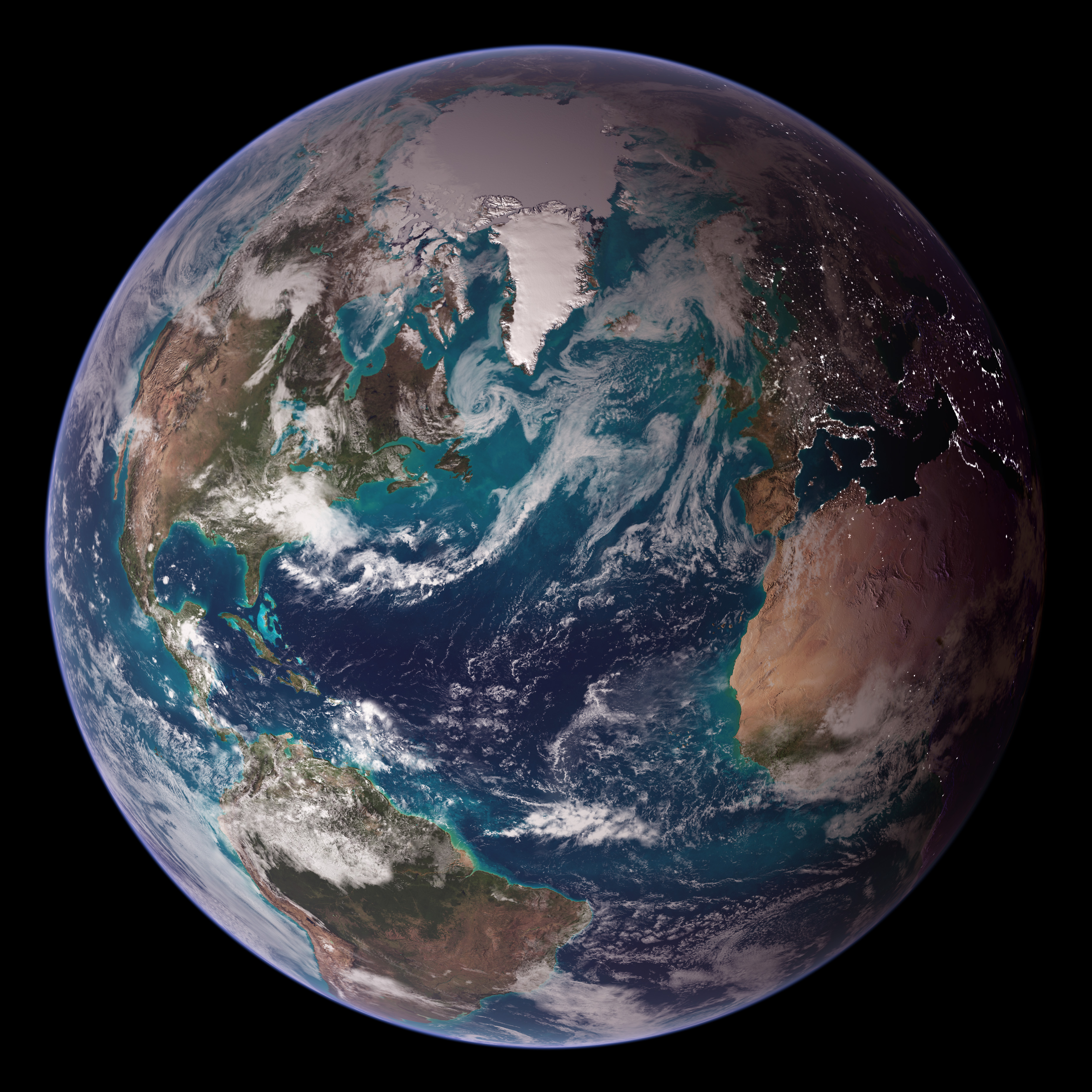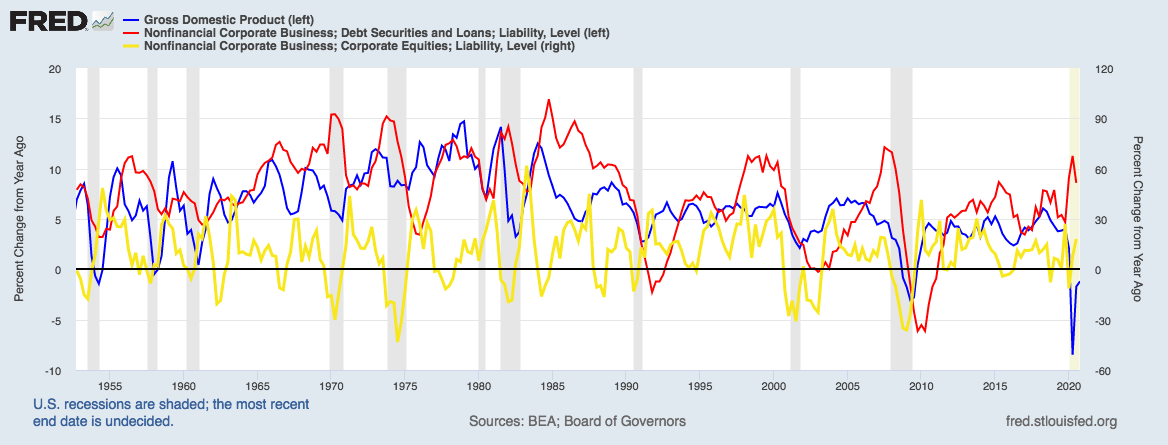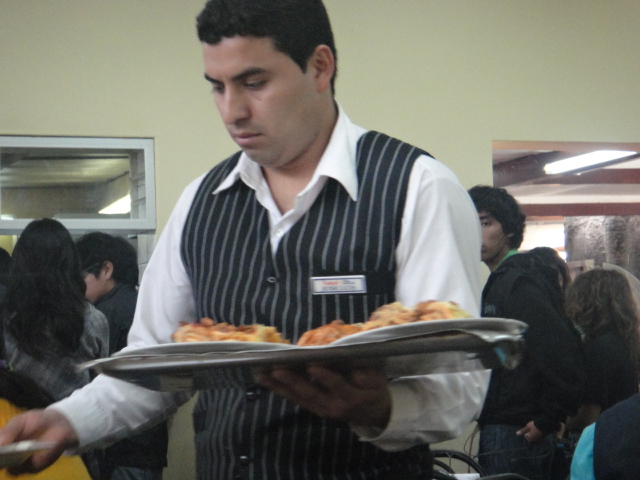|
Arjen Hoekstra
Arjen Hoekstra (June 28, 1967 - November 18, 2019) was a professor at the University of Twente who pioneered the concept of the water footprint - a way of measuring the extent of water consumption. His work drew attention to the hidden water use associated with a range of activities, and continues to have a profound effect both on scholarship and on environmental policy and activism. He strongly supported open source science, and all his articles were published under a Creative Commons License. Education Hoekstra earned an MSc degree in Civil Engineering and a PhD in Policy Analysis from Delft University of Technology. Career At the University of Twente, Arjen Hoekstra was Professor of Water Management and Chair of the Department of Multidisciplinary Water Management. He worked on a variety of interdisciplinary research projects, and advised a range of organisations about water consumption, these included governments, UNESCO, the World Bank, and Compassion in World Farming. A ... [...More Info...] [...Related Items...] OR: [Wikipedia] [Google] [Baidu] |
Netherlands
, Terminology of the Low Countries, informally Holland, is a country in Northwestern Europe, with Caribbean Netherlands, overseas territories in the Caribbean. It is the largest of the four constituent countries of the Kingdom of the Netherlands. The Netherlands consists of Provinces of the Netherlands, twelve provinces; it borders Germany to the east and Belgium to the south, with a North Sea coastline to the north and west. It shares Maritime boundary, maritime borders with the United Kingdom, Germany, and Belgium. The official language is Dutch language, Dutch, with West Frisian language, West Frisian as a secondary official language in the province of Friesland. Dutch, English_language, English, and Papiamento are official in the Caribbean Netherlands, Caribbean territories. The people who are from the Netherlands is often referred to as Dutch people, Dutch Ethnicity, Ethnicity group, not to be confused by the language. ''Netherlands'' literally means "lower countries" i ... [...More Info...] [...Related Items...] OR: [Wikipedia] [Google] [Baidu] |
Consumer
A consumer is a person or a group who intends to order, or use purchased goods, products, or services primarily for personal, social, family, household and similar needs, who is not directly related to entrepreneurial or business activities. The term most commonly refers to a person who purchases goods and services for personal use. Rights "Consumers, by definition, include us all", said President John F. Kennedy, offering his definition to the United States Congress on March 15, 1962. This speech became the basis for the creation of World Consumer Rights Day, now celebrated on March 15. In his speech, John Fitzgerald Kennedy outlined the integral responsibility to consumers from their respective governments to help exercise consumers' rights, including: *The right to safety: To be protected against the marketing of goods that are hazardous to health or life. *The right to be informed: To be protected against fraudulent, deceitful, or grossly misleading information, adverti ... [...More Info...] [...Related Items...] OR: [Wikipedia] [Google] [Baidu] |
Gheorghe Asachi Technical University
Gheorghe is a Romanian and Aromanian given name and surname. It is a variant of George, also a name in Romanian but with soft Gs. It may refer to: Given name * Gheorghe Adamescu (1869–1942), Romanian literary historian and bibliographer * Gheorghe Albu (1909–1974), Romanian footballer * Gheorghe Alexandrescu * Gheorghe Andriev (born 1968), Romanian sprint canoeist * Gheorghe Apostol (1913–2010), Romanian politician, deputy Prime Minister of Romania and a former leader of the Communist Party * Gheorghe Apostoleanu (1832–1895), Romanian politician * Gheorghe Argeșanu (1883–1940), Romanian general * Gheorghe Arsenescu (1907–1962), Romanian Army officer * Gheorghe Asachi (1788–1869), Moldavian polymath * Gheorghe Băgulescu (1886–1963), Romanian general * Gheorghe Balș (1868–1934), Romanian engineer, architect and art historian * Gheorghe Bănciulescu (1898–1935), Romanian aviator * Gheorghe Banu (1889–1957), Romanian eugenicist and politician * ... [...More Info...] [...Related Items...] OR: [Wikipedia] [Google] [Baidu] |
Ecological Footprint
The ecological footprint measures human demand on natural capital, i.e. the quantity of nature it takes to support people and their economies. It tracks human demand on nature through an ecological accounting system. The accounts contrast the biologically productive area people use to satisfy their consumption to the biologically productive area available within a region, nation, or the world (biocapacity). Biocapacity is the productive area that can regenerate what people demand from nature. Therefore, the metric is a measure of human impact on the environment. As Ecological Footprint accounts measure to what extent human activities operate within the means of our planet, they are a central metric for sustainability. The metric is promoted by the Global Footprint Network which has developed standards to make results comparable. FoDaFo, supported by Global Footprint Network and York University are now providing the national assessments of Footprints and biocapacity. Footprint and b ... [...More Info...] [...Related Items...] OR: [Wikipedia] [Google] [Baidu] |
Economic Indicator
An economic indicator is a statistic about an Economics, economic activity. Economic indicators allow analysis of economic performance and predictions of future performance. One application of economic indicators is the study of business cycles. Economic indicators include various indices, earnings reports, and economic summaries: for example, the unemployment rate, quits rate (quit rate in American English), housing starts, consumer price index (a measure for inflation (economics), inflation), inverted yield curve, consumer leverage ratio, industrial production, bankruptcies, gross domestic product, broadband internet access, broadband internet penetration, retail sales, price index, and changes in credit conditions. The leading business cycle dating committee in the United States, United States of America is the private National Bureau of Economic Research. The Bureau of Labor Statistics is the principal fact-finding agency for the U.S. government in the field of labor economics ... [...More Info...] [...Related Items...] OR: [Wikipedia] [Google] [Baidu] |
Embodied Energy
Embodied energy is the sum of all the energy required to produce any goods or services, considered as if that energy were incorporated or 'embodied' in the product itself. The concept can help determine the effectiveness of energy-producing or energy saving devices, or the "real" replacement cost of a building, and, because energy-inputs usually entail greenhouse gas emissions, in deciding whether a product contributes to or mitigates global warming. One fundamental purpose for measuring this quantity is to compare the amount of energy produced or saved by the product in question to the amount of energy consumed in producing it. Embodied energy is an accounting method that aims to find the sum total of the energy necessary for an entire product lifecycle. Determining what constitutes this lifecycle includes assessing the relevance and extent of energy in raw material extraction, transport, manufacture, assembly, installation, disassembly, deconstruction and/or decomposition, as ... [...More Info...] [...Related Items...] OR: [Wikipedia] [Google] [Baidu] |
Virtual Water
The virtual water trade is the hidden flow of water in food or other commodities that are traded from one place to another. Other terms for it are embedded or embodied water. The virtual water trade is the idea that virtual water is exchanged along with goods and services. This idea provides a new, amplified perspective on water problems. It balances different perspectives, basic conditions, and interests. This concept makes it possible to distinguish between global, regional, and local levels and their linkages. However, the use of virtual water estimates may offer no guidance for policymakers seeking to ensure they are meeting environmental objectives. For example, cereal grains have been major carriers of virtual water in countries where water resources are scarce. So cereal imports can compensate for local water deficits. However, low-income countries may not be able to afford such imports in the future. This could lead to food insecurity and starvation. Concept The virtual w ... [...More Info...] [...Related Items...] OR: [Wikipedia] [Google] [Baidu] |
Globalization
Globalization is the process of increasing interdependence and integration among the economies, markets, societies, and cultures of different countries worldwide. This is made possible by the reduction of barriers to international trade, the liberalization of capital movements, the development of transportation, and the advancement of information and communication technologies. The term ''globalization'' first appeared in the early 20th century (supplanting an earlier French term ''mondialisation''). It developed its current meaning sometime in the second half of the 20th century, and came into popular use in the 1990s to describe the unprecedented international connectivity of the Post–Cold War era, post–Cold War world. The origins of globalization can be traced back to the 18th and 19th centuries, driven by advances in transportation and communication technologies. These developments increased global interactions, fostering the growth of international trade and the exc ... [...More Info...] [...Related Items...] OR: [Wikipedia] [Google] [Baidu] |
Home
A home, or domicile, is a space used as a permanent or semi-permanent residence for one or more human occupants, and sometimes various companion animals. Homes provide sheltered spaces, for instance rooms, where domestic activity can be performed such as sleeping, preparing food, eating and hygiene as well as providing spaces for work and leisure such as remote working, studying and playing. Physical forms of homes can be static such as a house or an apartment, mobile such as a houseboat, trailer or yurt or digital such as virtual space. The aspect of 'home' can be considered across scales; from the micro scale showcasing the most intimate spaces of the individual dwelling and direct surrounding area to the macro scale of the geographic area such as town, village, city, country or planet. The concept of 'home' has been researched and theorized across disciplines – topics ranging from the idea of home, the interior, the psyche, liminal space, contested space to gende ... [...More Info...] [...Related Items...] OR: [Wikipedia] [Google] [Baidu] |
Manufacturing
Manufacturing is the creation or production of goods with the help of equipment, labor, machines, tools, and chemical or biological processing or formulation. It is the essence of the secondary sector of the economy. The term may refer to a range of human activity, from handicraft to high-tech, but it is most commonly applied to industrial design, in which raw materials from the primary sector are transformed into finished goods on a large scale. Such goods may be sold to other manufacturers for the production of other more complex products (such as aircraft, household appliances, furniture, sports equipment or automobiles), or distributed via the tertiary industry to end users and consumers (usually through wholesalers, who in turn sell to retailers, who then sell them to individual customers). Manufacturing engineering is the field of engineering that designs and optimizes the manufacturing process, or the steps through which raw materials are transformed i ... [...More Info...] [...Related Items...] OR: [Wikipedia] [Google] [Baidu] |
Agriculture
Agriculture encompasses crop and livestock production, aquaculture, and forestry for food and non-food products. Agriculture was a key factor in the rise of sedentary human civilization, whereby farming of domesticated species created food surpluses that enabled people to live in the cities. While humans started gathering grains at least 105,000 years ago, nascent farmers only began planting them around 11,500 years ago. Sheep, goats, pigs, and cattle were domesticated around 10,000 years ago. Plants were independently cultivated in at least 11 regions of the world. In the 20th century, industrial agriculture based on large-scale monocultures came to dominate agricultural output. , small farms produce about one-third of the world's food, but large farms are prevalent. The largest 1% of farms in the world are greater than and operate more than 70% of the world's farmland. Nearly 40% of agricultural land is found on farms larger than . However, five of every six farm ... [...More Info...] [...Related Items...] OR: [Wikipedia] [Google] [Baidu] |
Service (economics)
A service is an act or use for which a consumer, company, or government is willing to payment, pay. Examples include work done by barbers, doctors, lawyers, mechanics, banks, insurance companies, and so on. Public services are those that society (nation state, fiscal union or region) as a whole pays for. Using resources, skill, ingenuity, and experience, service providers benefit service consumers. Services may be defined as intangible acts or performances whereby the service provider provides value to the customer. Key characteristics Services have three key characteristics: Intangibility Services are by definition intangible. They are not manufactured, transported or stocked. One cannot store services for future use. They are produced and consumed simultaneously. Perishability Services are perishable in two regards: * Service-relevant resources, processes, and systems are assigned for service delivery during a specific period in time. If the service consumer does not request ... [...More Info...] [...Related Items...] OR: [Wikipedia] [Google] [Baidu] |




